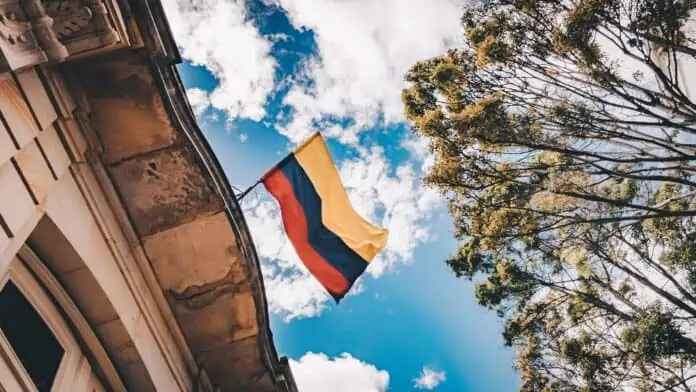
Peersyst, a Spanish startup based in Barcelona, has found a new use case for XRP in property certification.
Peersyst, a Spanish startup based in Barcelona, has partnered with FinTech Ripple to Developing a new use case for the XRP Ledger (XRPL) Open Source: A property certification system powered by XRP.
After more than a year of development, the Spanish company announced on July 1 the launch of the Colombia's first National Property Registry on the XRP blockchain.
Peersyst has also pointed out that this solution they have created for the National Land Agency of Colombia (AgenciaTierras) is based on XRP Stamp, which allows Register digital assets on XRPL and verify their authenticity via QR codes.
The Spanish company expects the solution to register more than 100 awards in a very short space of time to ensure “land confidence.” For her part, Carmen Ligia Valderrama Rojas, Minister of Technology and Communications of Colombia, said that the project will allow the government to offer Greater security in the land titling process.
In this regard, the ministry has indicated that the land registry will include a price monitoring system in the country, in which the Rural and Agricultural Planning Unit (UPRA) will also participate.
What is XRP Stamp?
XRP Stamp has been designed, developed and deployed by Peersyst and uses the non-custodial XRP wallet Xumm, which currently has over 170.000 monthly active users.
XRP Stamp is a decentralized application built on the XRP Ledger, meaning it uses top-notch technology and a high-performance structure. At the same time, it is very secure, as Once the assets are verified and the certificate is generated, all the information is stored in the blockchain.Furthermore, it is a cross-service and offers a reliable data notarization system that can be used by multiple entities for different purposes.
Colombia and blockchain use cases
The Colombian government has been working for over a year on developing new use cases for blockchain and intends to progressively implement the technology in different government agencies.
The ultimate goal is to improve all those processes that traditionally take up a lot of time for the average citizen and, at the same time, make public processes more transparent.
[hubspot type=cta portal=20298209 id=38fb28e1-1dc1-40e3-9098-5704ca7fcb07]


